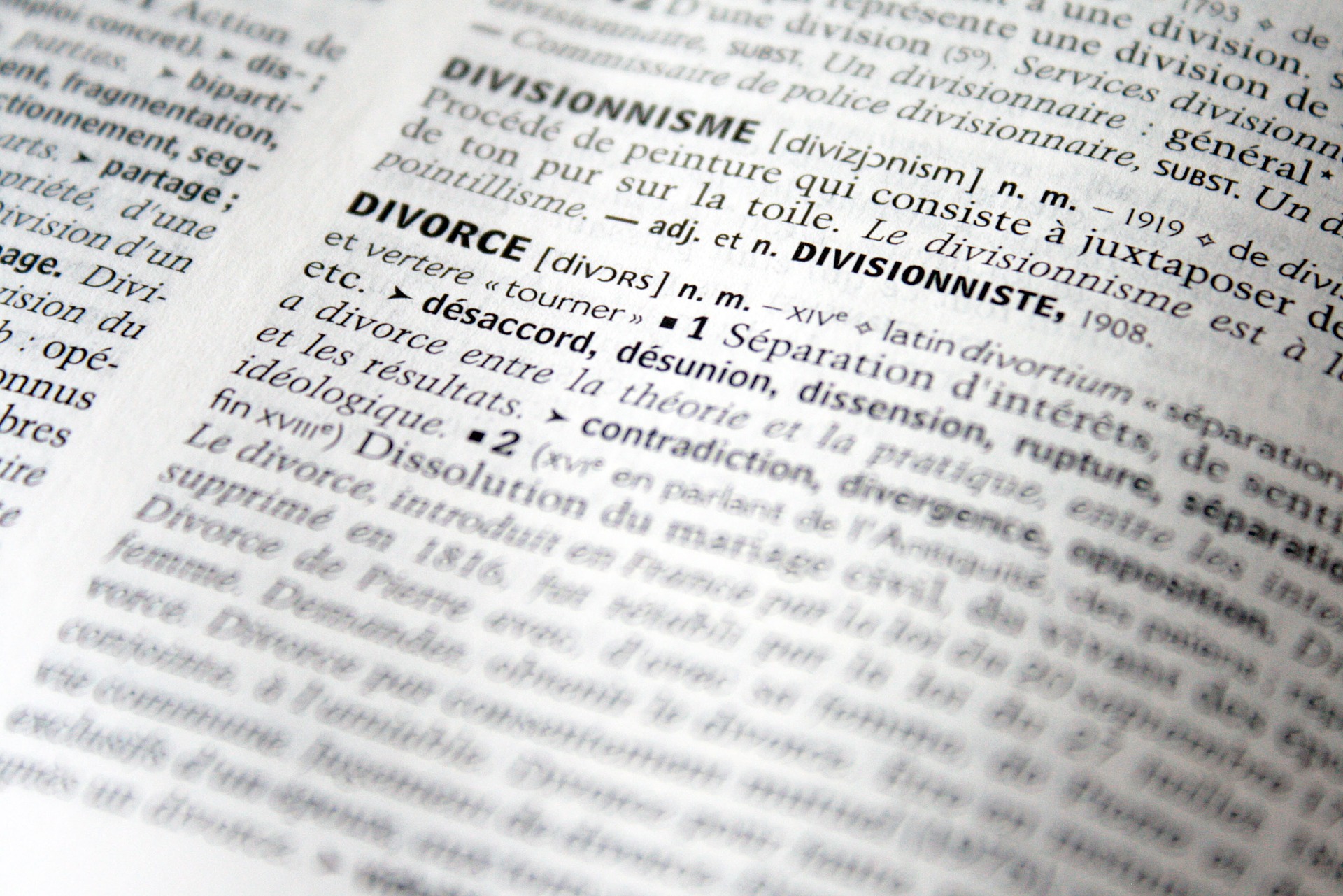MARITAL HOUSE & MORTGAGE ISSUES IN DIVORCE IN NASSAU & SUFFOLK COUNTY NEW YORK

Divorce is already an emotionally charged situation. When you add the division of property, emotions can rise even more. The good news is, if you can come to an agreement logically, you can find an agreement that will work best for everyone involved.
What are your options when it comes to the marital home? This will depend on the factors involved. There are a couple of options to look into when it comes to dealing with a mortgage while getting a divorce.
How you deal with your home during a divorce will depend on many factors.
- How much do you owe on the mortgage?
- Is either person able to take on the financial responsibility on their own?
- Are there children involved?
- How well can both parties work together to come to an agreement?
Of these factors, the biggest consideration is how much you still owe on the mortgage. What you can do with your home will depend on whether you have any equity in the home or not.
Option 1: Selling the House
If both parties agree, you have the option to sell the property and divide the profits between you. This is the least stressful option available when dealing with a home during a divorce. For this option, both people will have to agree to the sale since both names are on the mortgage. You will need to set the price where you can pay off the rest of the mortgage owed. Whatever profit is left after the mortgage is paid off is equally divided between both people.
Option 2: Refinancing the Mortgage
If you have children or one person is emotionally attached to the house, refinancing a mortgage is an option. For this option to work, you can’t owe more on the mortgage than the house is worth. The refinancing process involves the person that wants to keep the property refinancing so the property is only under their name. This is important to ensure the other person isn’t held responsible if mortgage payments are late. The person refinancing will need to have the ability to finance the property with their income alone. The person refinancing is then solely responsible for the payments. This can sometimes lower the mortgage payments as well.
Option 3: Quitclaim Deed
A quitclaim deed is an agreement to turn over all legal claims to the home to the person keeping the property. If you are refinancing a home in your own name, it’s a good idea to get a quitclaim deed as part of the agreement. The person that signs over the deed has no legal claim to the property. The lender can still hold them responsible for late payments though. This is why it’s a good idea to combine this option with the refinancing option.
Keep in mind, if you sign a quitclaim deed, you may have no monetary claim if the other person decides to sell the property later. This is an important consideration when deciding the best option.
OPTIONS IF YOU STILL OWE TOO MUCH TO SELL
If you still owe too much on the mortgage to have equity in the home, you won’t have the option to sell the home. This means you’ll have to find another way to deal with the martial property house when getting a divorce.
Option 1: Complete a Short Sell
If you owe too much on the mortgage to sell the house outright, you might still have the option to short sell the property. A short sell is when you set up an agreement to cancel the rest of the debt. With a short sell, the lender has to agree to accept less than the full value of the home. They also have to agree to cancel the remaining debt on the property.
While this option removes the mortgage burden, it does affect your credit score negatively. You may also have to claim the canceled debt as income on your tax return.
Option 2: Rent Out the House
Another option if you owe too much to sell is to keep the house and rent it until you’ve paid the mortgage down enough to sell. This option will require cooperation between both parties in the divorce and probably changing the existing homeowner’s insurance policy to a “landlord’s” insurance policy. Since the mortgage is still in both people’s names, both are responsible for maintenance, upkeep, and property tax on the home. If you choose this option, it’s important to write up an agreement to deal with the responsibilities assigned to each owner.
To better understand issues arising from the ownership of a marital home in the context of a divorce or separation in Nassau and Suffolk County New York and how your particular facts and circumstances could impact this important issue, you are invited to contact Robert B. Pollack, Esq., principal attorney of The Pollack Law Firm, P.C.
By Robert B. Pollack, Esq., principal attorney at The Pollack Law Firm, P.C. : Our firm is solely focused on Nassau and Suffolk County divorce, separation and all phases of matrimonial law, family law and mediation—
The Pollack Law Firm, P.C., serving clients in Nassau and Suffolk County, is always available to assist and represent parties in divorce and all other matrimonial and family law matters. Please call today to schedule a free consultation: (516) 938-3330.
DISCLAIMER: This article is intended to provide only general information for entertainment purposes and should never be relied upon as legal advice. One should seek the assistance of experienced matrimonial counsel to assist in explaining the law, options and making important decisions in any divorce, matrimonial or any family law matter. By reading this article, no attorney / client relationship arises in any manner whatsoever.
